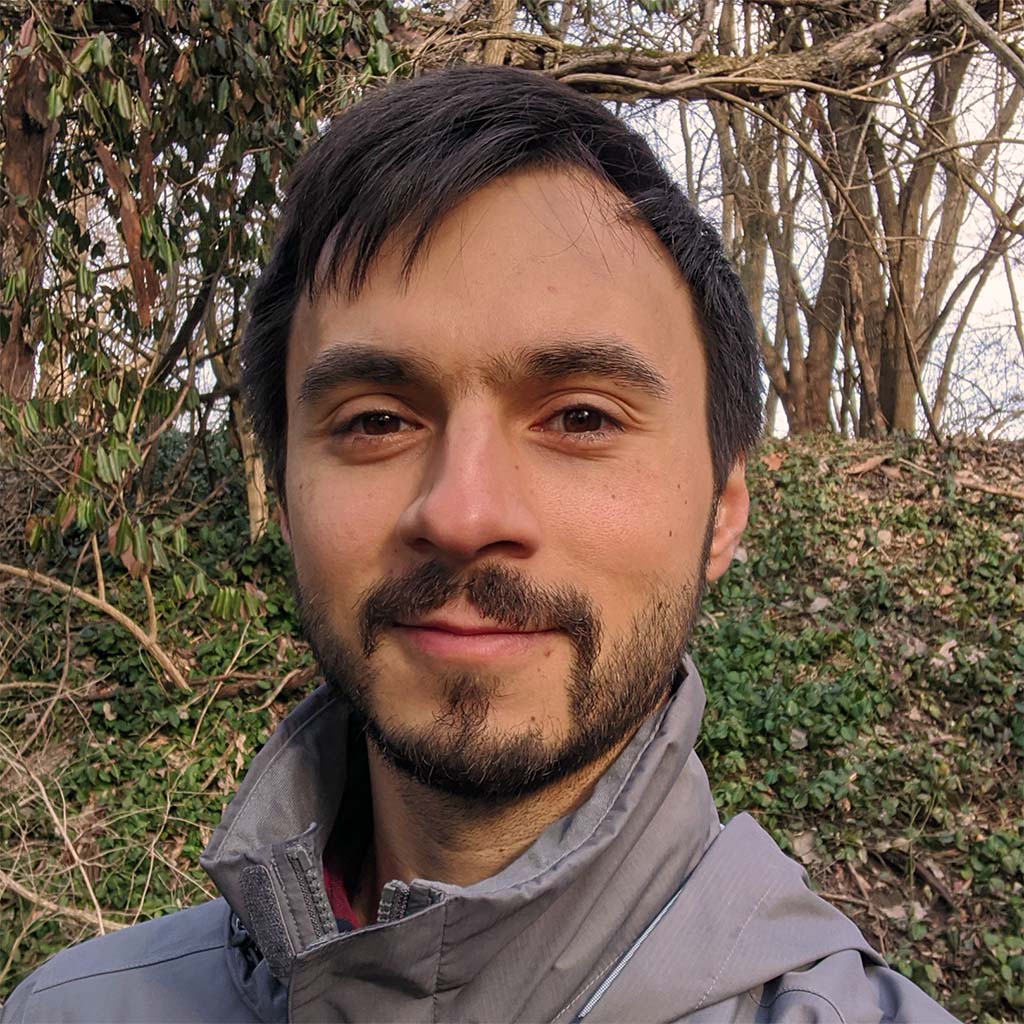Talk-aloud solo walks in the woods
An approach for dealing with stuckness
Like so many others, the events of the past year have led me to take a step back and re-evaluate my life. What once seemed important now feels less meaningful—even empty. I’ve spent the past few months exploring all sorts of potential paths: through online coursework, communities, and by studying the lives of people I admire. It’s been enriching for sure, but all this exploration has created an unfortunate side effect: Stuckness. There are simply too many possibilities and I’m not sure where to go from here.
So I’ve been practicing with a more intentional form of my usual walking routine: Talking out loud to myself as I walk. It might seem strange, but talking aloud is just an extension of the mental narration already happening in our heads. It’s in dialogue with ourselves that we learn to control our behavior. We are more aware of our thoughts when they are spoken aloud, and faulty assumptions and mental shortcuts are more obvious when they’re heard.
The benefits of simply walking are well studied: For one, it increases blood flow to the brain which in turn improves cognitive performance. It also promotes positive feelings that can help deal with boredom and dread, negative states of mind which are all too common when dealing with stuckness. Walking has been shown to reduce the amount of activity in the part of the brain associated with fear and anxiety. This makes it an incredible method for confronting uncertainty.
In my own experience, getting into a walking rhythm promotes a different kind of thinking. There’s something about physical movement that promotes mental movement. As you walk, your environment changes. Literally seeing different things allows you to figuratively see things differently and explore them from a new perspective.
When it comes to thinking, there are two different modes our brains naturally engage in: focused and diffuse. Focused thinking is linear in nature and is what you’ll find yourself in when working on a specific task. Diffuse mode, on the other hand, is where you let your mind wander freely. Both are important, but when dealing with a highly open-ended problem (in my case deciding on a new path in life) a linear thinking process can only take you so far. Engaging in diffuse mode promotes creativity and innovation.
When I go on these walks, I start by simply letting my mind wander and often times end up narrowing in and focusing on a particular topic that comes up. Sometimes I’ll lose the thread or lose interest, once again allowing my mind to openly wander. In this way I alternate between periods of focused and diffuse thinking.
I also find it helpful to stop walking altogether and take pause for a few moments, reconnecting with the sights and sounds around me. In these silent moments a new thread will emerge, and I begin walking once again.
A secluded trail or path is ideal; the more natural, the better. The noisy hustle and bustle of the city can be stressful and detract from the calm demeanor needed to reflect and observe ourselves honestly. Calmness gives rise clarity. Plus, spending time in nature is correlated with good health and well-being.
I’ve experimented with anywhere from a just few minutes to over ninety minutes and found the longer sessions to be most beneficial. Getting comfortable with it might take a few sessions, so I recommend trying it several times. Eventually you will find yourself losing all sense of time, entering into a kind of flow state. This is when things get interesting. And yes, the neighbors might look at you crazy, but pop in a pair of earbuds and you might as well be talking on the phone.
It’s not the only solution for stuckness, but it’s certainly worth a place in your mental toolbox. I’m still not unstuck but I do feel like I’ve gotten some traction. Paired with frequent deep conversations with friends, I’ve found each walk to be more and more insightful. Give it a try and you might be surprised what you uncover about yourself.
Stuckness shouldn’t be avoided. It’s the psychic predecessor of all real understanding.
— Robert M. Pirsig

